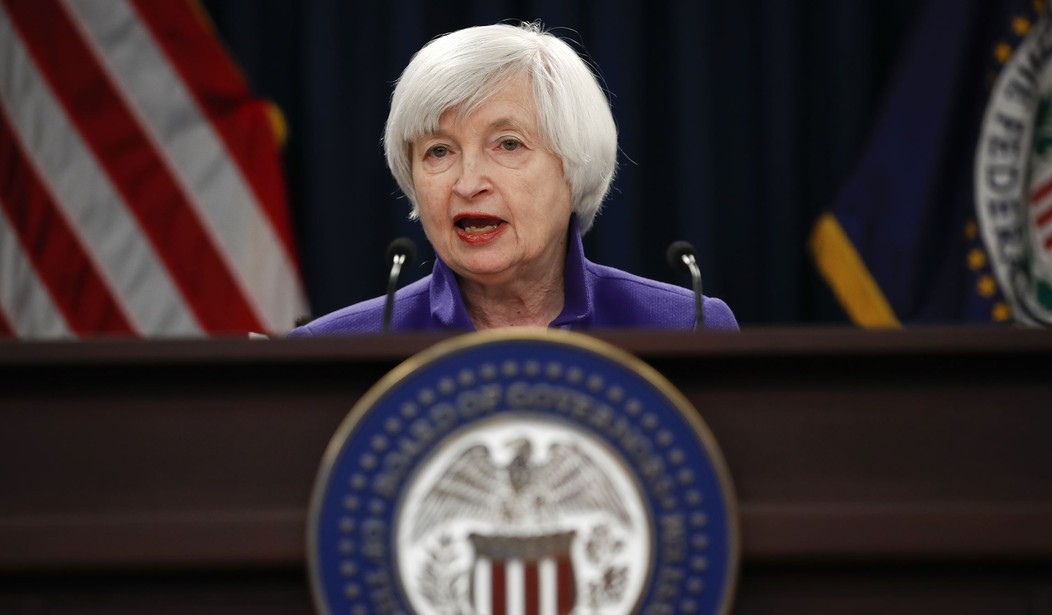As more information continues to trickle out about the deal that Joe Manchin supposedly reached with Chuck Schumer, the authors of the deal are somehow managing to spread more confusion than clarity as to what it will involve. We already know that Joe Manchin’s home state would get a pipeline as a reward for his cooperation, but there’s a lot more buried in the details. One thing that will likely scare Manchin’s Republican colleagues off is the fact that there are going to be a lot of new taxes in the final bill, despite the fact that Manchin previously stated that he was opposed to raising taxes during a time of marked inflation and high prices. In order to calm everyone down, Treasury Secretary Janet Yellen was dispatched to write a letter to Nancy Pelosi (and for the consumption of the press) assuring everyone that only the wealthiest families would see a tax increase and everyone else would probably see a reduction in their taxes. But that doesn’t appear to be the case. (Bloomberg)
Treasury Secretary Janet Yellen waded into the congressional debate over proposed economic and climate legislation, saying it won’t raise taxes for families earning less than $400,000 a year.
“The legislation would either reduce or have no effect on the taxes due or paid by any family with income less than $400,000,” Yellen wrote Tuesday in a letter to House Speaker Nancy Pelosi obtained by Bloomberg News. “In fact, the clean energy tax credits and the expanded premium tax credit will cut taxes for millions of Americans.”
So that doesn’t sound so bad, right? How many families earn more than $400K per year? (It’s actually about three million, marking roughly the top 2% of earners.) That should make the Democrats happy and not tick off the working class too much, at least according to Yellen’s claims.
But there’s a problem with her math, at least potentially. The Joint Committee on Taxation, which is assigned to play scorekeeper in these matters, disagrees with Yellen’s claim. They found that some – though not all – middle and low-income households would also see a tax hike. The reason for the confusion is the vague way that many of the supposed tax credits and penalties are described. For example, Yellen claims that lower and middle-income families could benefit from a “clean energy tax credit,” offsetting some other increases. But how many people would qualify for that? Nobody seems to be able to say.
Yellen hasn’t even acknowledged the JCT’s conclusions. In fact, everything she is putting out there on this subject simply reeks of political leveraging rather than a rational analysis of tax policy. For one example, she wrote that the tax increases “would only affect large corporations and investment professionals making $400,000 or more per year.”
Oh, really? And how are you defining “large corporations” in this scenario? Is that based on their physical size, number of employees, or revenue? We don’t know. And as far as individuals go, how can you say that it will only affect “investment professionals” making more than $400K? Are we now establishing new tax rates based on a citizen’s occupation?
Obviously not. That’s liberal code-speak for “Wall Street investment bankers.” Everyone wants to see those guys get hit with the tax bat, right? But if you happen to be a successful owner of a franchise of eateries or car dealerships, you might manage to pull down $400K. And you’ll get hit with the tax hikes even if you’re never stepped foot in Manhattan in your life.
This deal smells worse by the day. And until the entire thing is completed and released for a thorough public review, any Republican who steps up to endorse it is off their rocker.







Join the conversation as a VIP Member